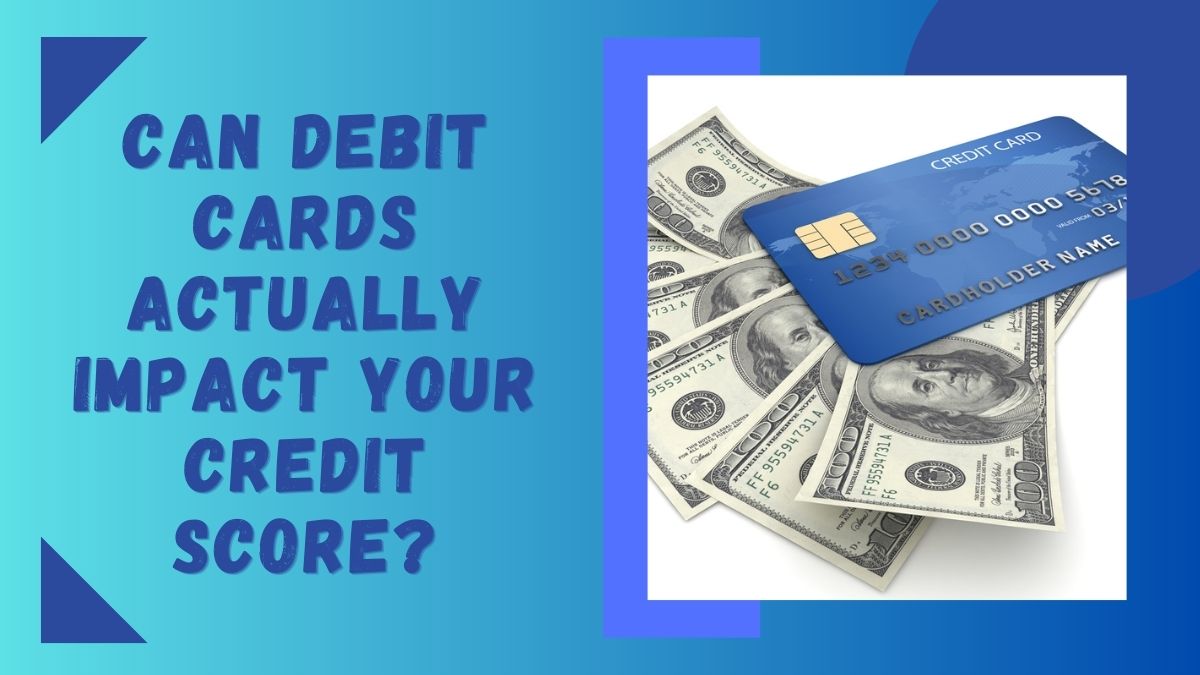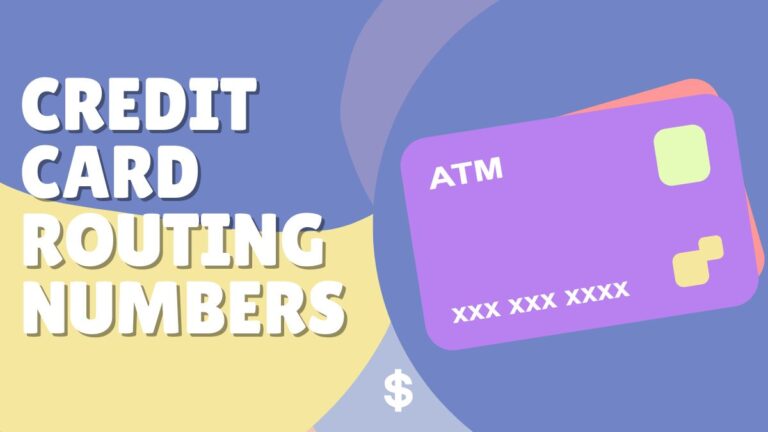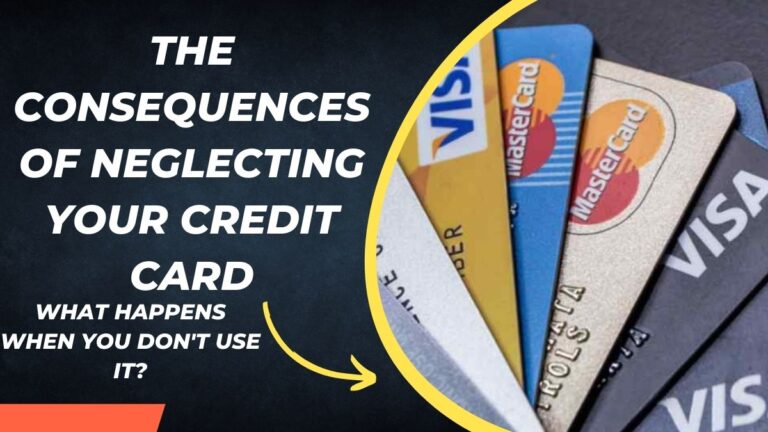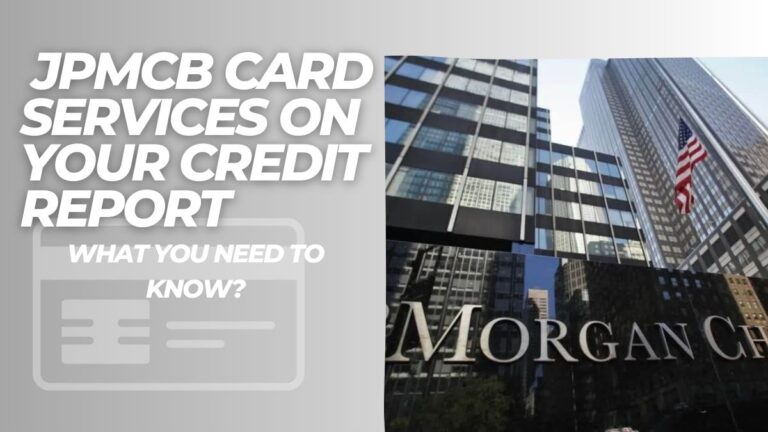Can Debit Cards Actually Impact Your Credit Score? Unveiling the Truth

Are debit cards secretly holding the key to improving your credit score? Or are they dragging it down without your knowledge? It’s time to uncover the truth behind this age-old financial mystery. In today’s blog post, we will dive deep into the intriguing world of debit cards and their enigmatic relationship with credit scores.
Get ready to debunk myths, unravel misconceptions, and perhaps even discover a hidden superpower in your wallet! So put on your investigative glasses and prepare for an enlightening journey as we unveil the truth: can debit cards impact your credit score?
Table of Contents
What is a Debit Card?
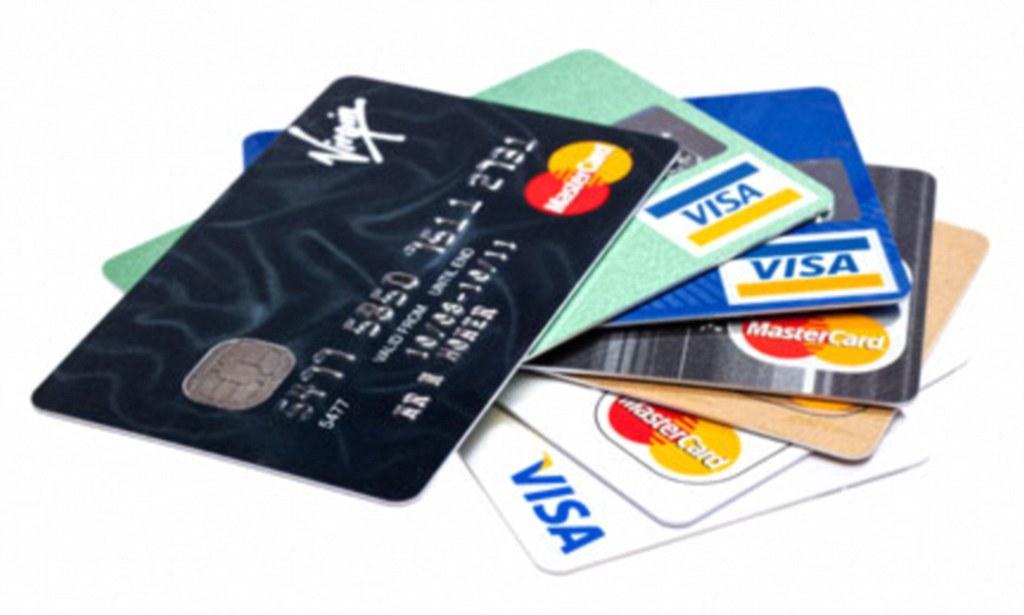
Debit cards are advantageous because they allow you to spend money quickly and easily. However, some people believe that debit card use can adversely affect your credit score. The reality is that the impact of debit card use on your credit rating is likely minimal.
The main reason why using debit cards could have a small impact on your credit score is because it can reflect inquiries made about your creditworthiness. If you frequently use your debit card to make purchases, the banks that issue your cards may increase the number of inquiries they make about your credit score to better predict how likely you are to repay them. However, this increase in inquiries will only have a temporary impact on your credit score.
Ultimately, using a debit card won’t mortally damage your credit score and you may even experience a slight improvement in your credit rating as a result of using one more often. This refers only to debit cards-using a Credit Card will almost certainly hurt their ability and ability to credit loans.
How Does a Debit Card Affect Your Credit Score?
Credit utilization, or the percentage of available credit that a consumer is using, is one factor used in calculating a consumer’s credit score. A high level of utilization can lead to a lower credit score.
Similarly, a higher balance on your debit cards can also impact your credit score. The Federal Reserve recently released new guidelines that recommend consumers keep no more than 30% of their available funds on debit cards to help improve their overall financial stability and keep their credit scores healthy.
The following are four ways that having a high balance on your debit cards could impact your credit score:
- It Could Impact Your Credit Utilization Ratio. One measure of a positive financial profile is low credit utilization (or the percentage of available borrowing power being used). If you have a high balance on your account, this could lead to an increase in your debt-to-income ratio, which would negatively affect your credit score.
- It Could Lead to Higher Payments Due & Owed ratios. Keeping too much money on plastic can also cause higher payments due and owed ratios because it makes it difficult to meet minimum monthly payments on other obligations such as mortgages or car loans. This can also lead to higher interest rates and fees associated with these types of loans – all of which could have an impact on your credit score.
- It Could Increase Your Risk Profile. Having high balances on your accounts can also raise lenders’ suspicion about whether you’re able and willing to repay your debts. This could lead to higher interest rates and increased borrowing costs, both of which could hurt your credit score.
- It Could Impact Your Overall Debt-to-Income Ratio. Finally, having a high balance on your debit card can also skew your debt-to-income ratio in a negative direction, as this metric measures how much of each paycheck is going towards payments on debt vs. other expenses like living costs or savings. A high debt-to-income ratio can damage your credit score.
Keep in mind that a low credit score isn’t always indicative of a poor financial situation – many factors go into your credit score, and your account balance alone isn’t always the most important one. Having a high balance on your debit card may not be as bad for your credit score as you might think – it’s just something to keep in mind if you’re concerned about yours.
How to Protect Yourself from Debit Card Fraud?
Debit cards are a great way to manage your finances, but beware of debit card fraud. Debit card fraud occurs when someone uses your debit card without your permission or when someone makes a fraudulent charge on your account.
If you fall victim to debit card fraud, don’t panic. There are steps you can take to protect yourself from this type of crime. First, be sure to keep track of your spending. Make sure you know what transactions are being made and when. This will help you identify any possible unauthorized charges.
Also, make sure that your bank is using the latest security features available. Your bank may have installed a fraud monitoring system that alerts you if there is activity on your account that doesn’t look legitimate. If you feel like someone is trying to defraud you, don’t hesitate to report the situation to your bank or the police.
Lastly, keep your card secure. If you don’t need it, securely store it away in a safe place. Don’t let anyone else use it, and don’t carry your debit card around with you in case someone tries to steal it.
Conclusion
Debit cards can impact your credit score in a few ways. First, if you consistently overextend yourself with your debit card usage, this could hurt your credit history. Second, using a debit card for large purchases (like furniture or appliances) may result in spikes on your credit report that can damage your credit score.
And finally, the utilization ratio – the number of monthly debt payments relative to total available funds – is an important factor when calculating a person’s creditworthiness. If you carry high balances on your cards and make only minimum payments on them, this ratio will be skewed in your favor and could result in better credit scores.
